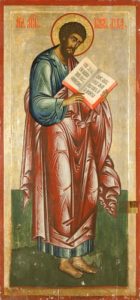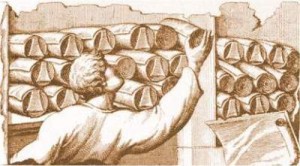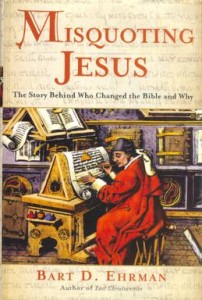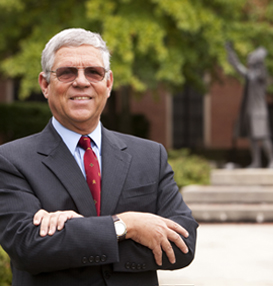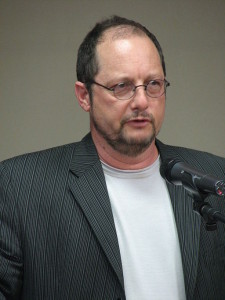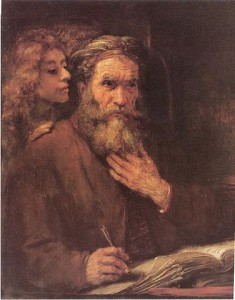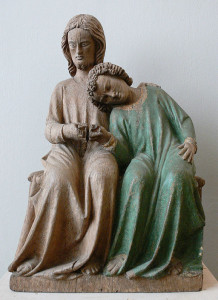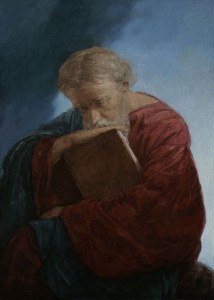The question, “Who wrote the gospels?” is an important one. Church history and tradition—and many modern scholars—assert that the four gospels were written by eyewitnesses to Jesus’ ministry, death, and resurrection (Matthew and John) or by individuals with direct access to eyewitnesses (Mark and Luke). If they are correct, then the gospels are eyewitness testimony, and the idea that they transmit accurate historical accounts is strengthened.
Many critics, however, dispute the traditional authorship of the gospels. They cite a number of reasons for this, which we have been addressing through a series of articles on gospel authorship. Continue reading

